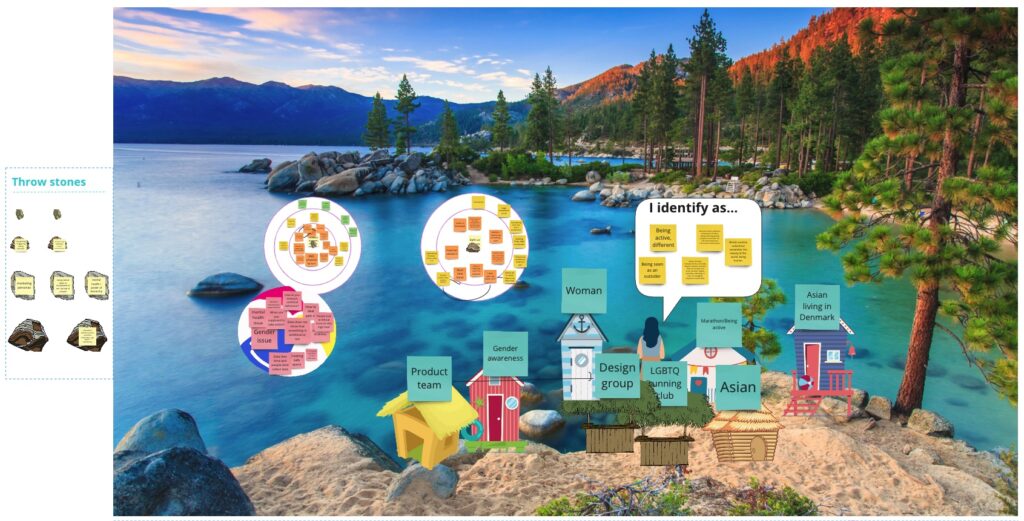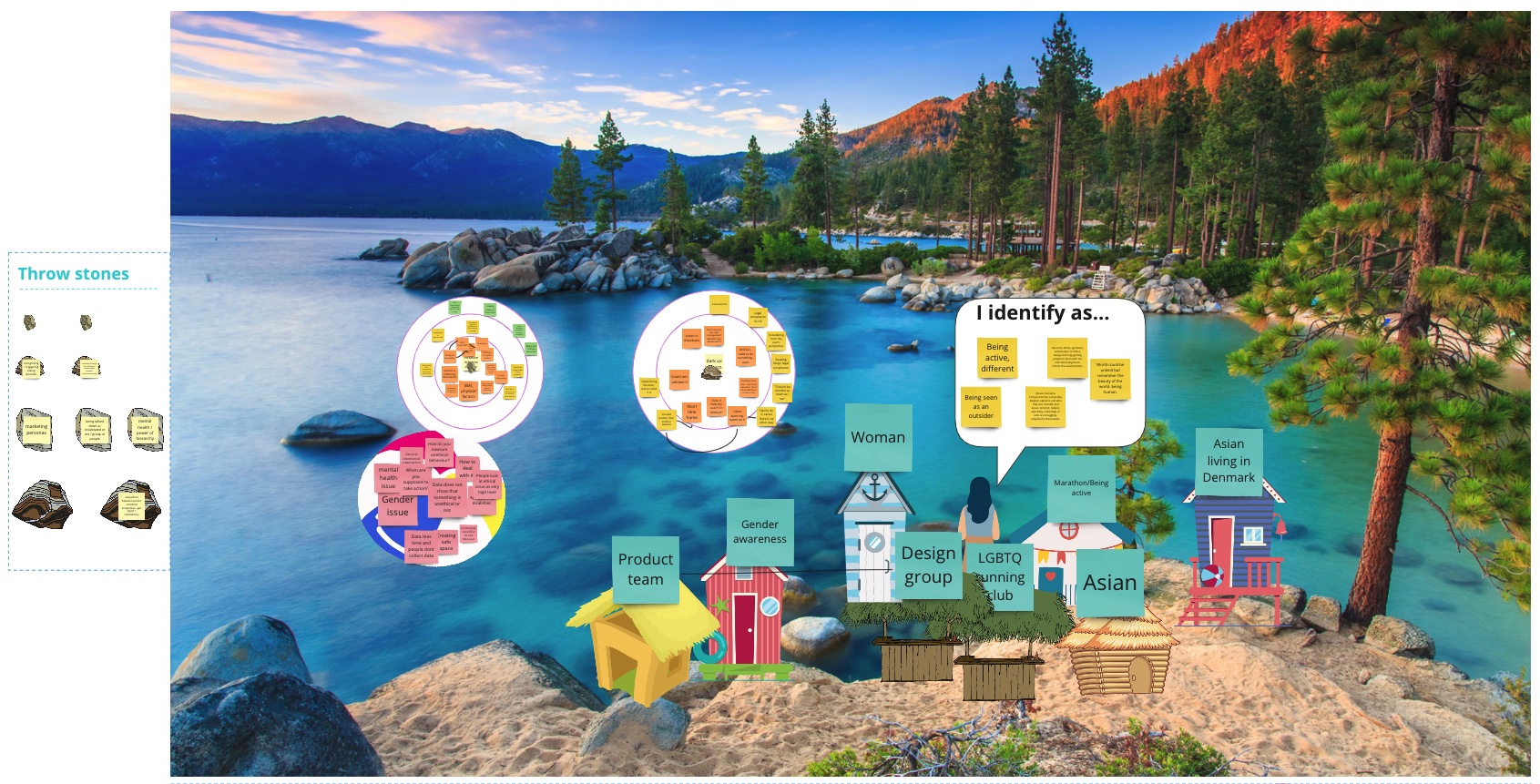Tech workers (such as designers, developers) play an important role in shaping our future and as such they are, in many ways, playing the role of ethicists too. How can we support them to make responsible design decisions and envisage the consequences of their design? This demands recognizing their own intentions, acting with intent and exploring the broader ethical implications of their decisions. As workers in the industry, they must do so while also navigating professional, organisational and business objectives. Misalignment between these components can cause what we call “ethical tensions.”

Through our project, we aim to understand ethical tensions in an increasingly complex and uncertain space that encompasses moral, interpersonal, social and temporal dimensions of tech work. Through participatory research, we collaborate with tech workers, educators and researchers (in HCI, computer science, design) to generate much needed knowledge and impact across the domains of technology development, organizational psychology, business and education. We also hope to create tools and resources that could be used across these domains.
Our findings so far suggest that ethical tensions are distressing experiences emerging on different levels of micro (across individual workers and/or with other teams), meso (across the organisation) and macro (on a societal level). In response to experiencing such tensions, we found that individual workers develop varied attitudes, for example they might investigate, suppress or aim to mediate conversations to address the tensions. They may also turn to communities around them for support, which we believe is an opportunity for organizations to create and nurture as sites of care (because tensions of any kind cause distress) and mediation for workers.
One of the resources we have developed is the “Lake of Ethical Reflection” (LoER), a tool for exploring the experience of ethical tensions. LoER helps you reflect on or discuss ethical tensions through narrative storytelling. It is available to download and use under creative commons (CC) licence. LoER uses a metaphorical approach, with visual elements to explore professional identity and values, experiences of tensions, attitudes to tensions and relations to communities as sites of care for the individual. You can use this tool in the context of tech work, research or education. We are very interested in hearing your feedback, so if you do use the tool please share your thoughts with us (ajit.pillai@sydney.edu.au)
People
- Ajit G. Pillai
- Dr Naseem Ahmadpour
- Dr Phillip Gough
- Yidan Cao
- Thida Sachathep
Publications
- Ajit G. Pillai, Thida Sachathep, and Naseem Ahmadpour. 2022. Exploring the experience of ethical tensions and the role of community in UX practice. In Nordic Human-Computer Interaction Conference (NordiCHI ’22). Association for Computing Machinery, New York, NY, USA, Article 60, 1–13.
